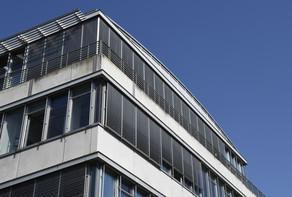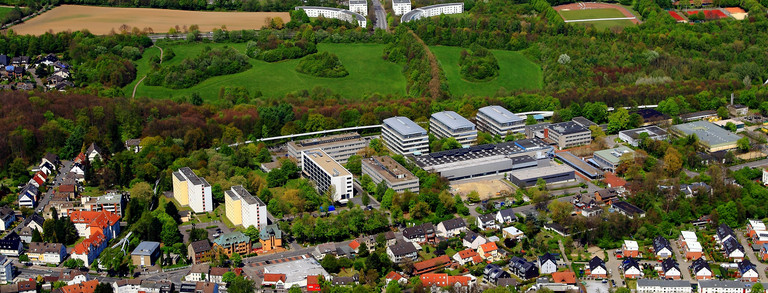Future of Planning

We don't know what the future will look like. Nevertheless, it is worth asking what the future of spatial planning could look like in 2050. Using scenario techniques, we can describe different futures that enable planners to prepare for possible developments.
The spatial planning system in Germany has proven to be surprisingly stable over the past 50 years, despite all the crisis debates. However, in view of current megatrends such as digitalization, demographic change and climate change, the question arises as to whether this will continue to be the case in the future. It is striking that the political significance of spatial planning has declined significantly in recent decades. In fundamental political debates with explicit spatial references, such as on equal living conditions, the energy transition or new forms of mobility, spatial planning actors are hardly visible. From a political perspective, spatial planning is in danger of losing importance in the future, despite its seemingly secure formal existence and the great relevance of spatial challenges.
Politics as a whole is undergoing a fundamental change in the 21st century. We are experiencing a crisis of liberal democracy, the rise of populist movements and autocracies. Widespread skepticism towards government action, disenchantment with politics and the propagation of 'alternative facts' are systematically calling into question the ideal of rational and scientifically based planning. To date, there has been little debate as to whether and to what extent spatial planning should be realigned in response to these new realities. For example, what do new technologies and social developments mean for participatory planning procedures? Will rational and participatory approaches to balancing interests and reaching agreement still be needed in the future, or will they be needed more than ever? Current trends also offer opportunities for the planning of the future.
The 'Future of Planning' working group set up by the Academy for Territorial Development in the Leibniz Association (ARL) in 2020 has set itself the task of developing scenarios for alternative futures of spatial planning in Germany. The focus was deliberately directed towards supra-local planning and its long-term perspectives. It is about thinking about the planning of the day after tomorrow and the political value of integrative approaches to sustainable spatial development at supra-local scales.
Publication:
Wiechmann, Th.; Buße von Colbe, J.; Jenssen, T.; Klemme, M.; Schulze Dieckhoff, V. (2024): Zur Zukunft der Planung. Vier Szenarien als Ausgangspunkte der strategischen Weiterentwicklung, in: RaumPlanung, Heft 226 / 2-2024, S. 21 - 28
Event:
Special Session "The Future of Planning: What are we facing and how do we prepare?" on 9. July 2024 on the AESOP Congress in Paris with Petra Hurtado, Marion Klemme, Sıla Ceren Varış Husar, and Milan Husar.
Contact:
Prof. Dr. Thorsten Wiechmann (Head of working group)
Duration: 01.07.2020 - 31.12.2024



